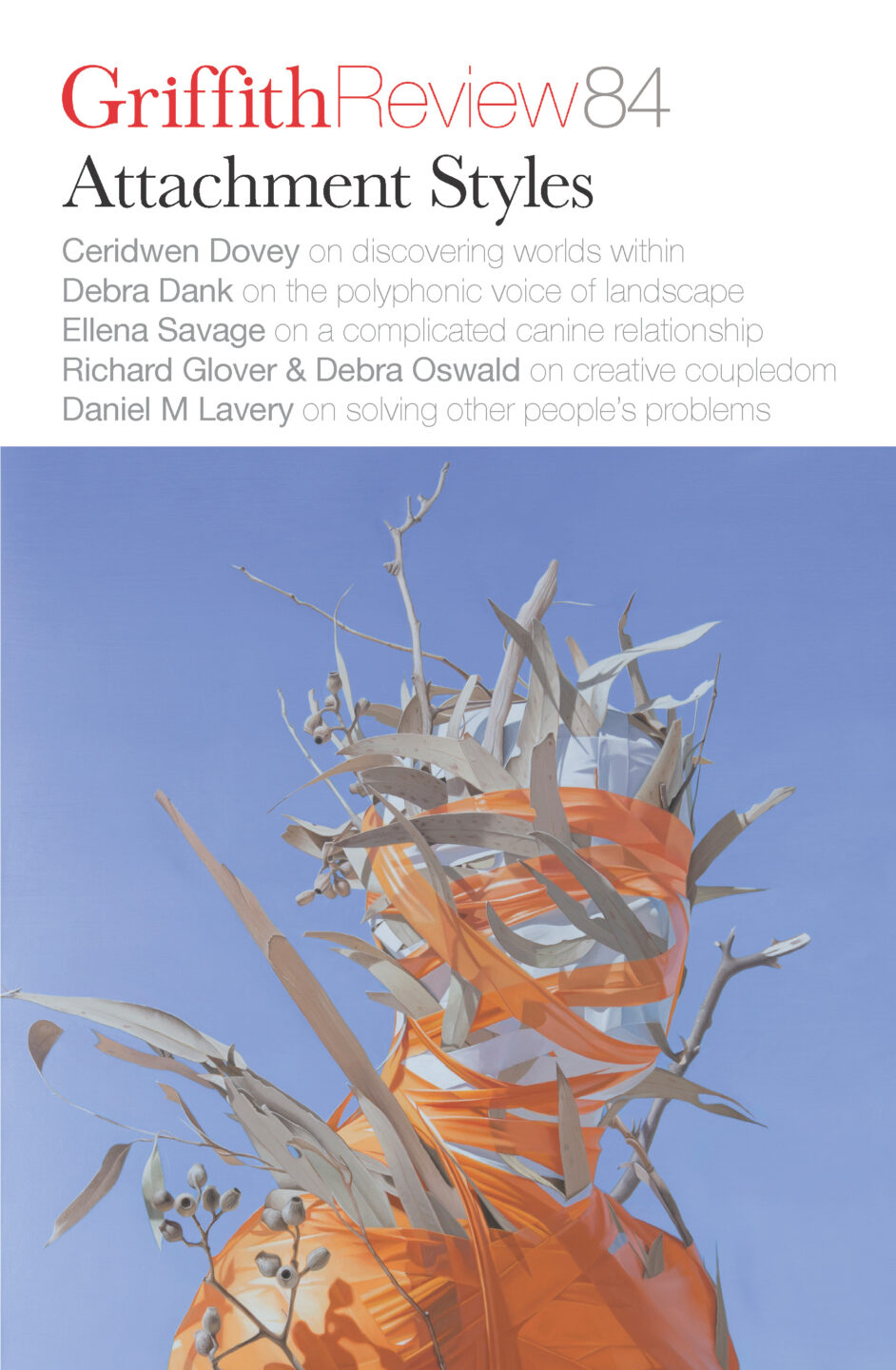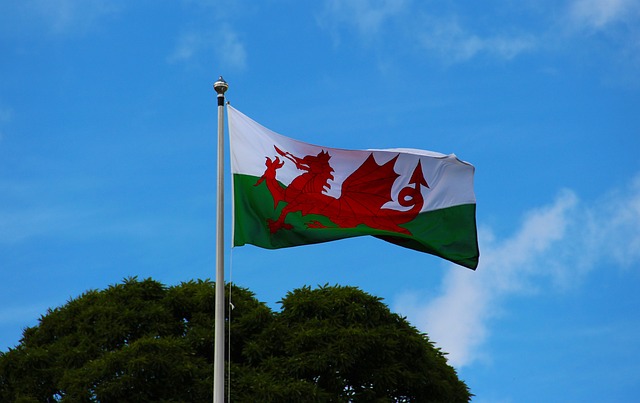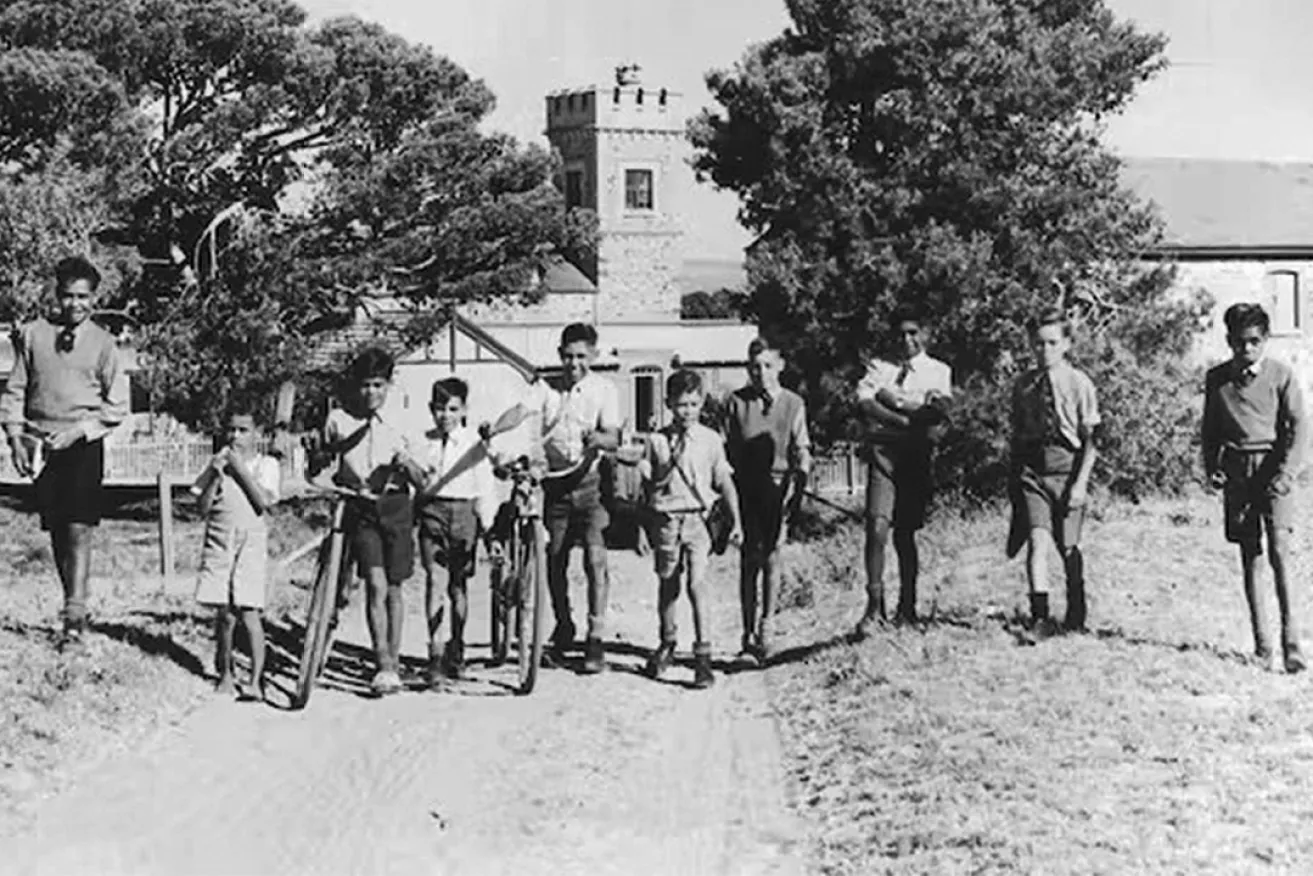Reluctant farewell to a trusted companion
Valediction for a stroller
Featured in

- Published 20240507
- ISBN: 978-1-922212-95-5
- Extent: 203pp
- Paperback, ePub, PDF, Kindle compatible


Already a subscriber? Sign in here
If you are an educator or student wishing to access content for study purposes please contact us at griffithreview@griffith.edu.au
Share article
More from author

Know thyself
We spoke to the genetic counsellor and the doctors. I had more than a 70 per cent risk of breast cancer and close to a 50 per cent risk of ovarian cancer in my lifetime. This would require vigilant surveillance, but with ovarian cancer there is no reliable screening method. It can already be advanced before it’s detected, which is what happened with my mother.
My mind kept taking me back to those sandy ruins and the Pythia. Those characters in mythology who tried to avoid their fate even when she had given them the answer. You can run but you can’t hide from destiny. Enter the acts of dramatic surgical intervention. Like a deus ex machina, but without the gods, just the science.
More from this edition

Land of my fathers
Non-fictionOn Saturday mornings his friends would call in to pick him up for the game. Like him, they were broad and tall and humorous, and never still. None of them ever seemed comfortable indoors. Their faces were fevered from sitting in winter stadiums. Even as septuagenarians they continued to refer to themselves as ‘the boys’, and if my mother materialised before them, they’d blush like children.

The Orcanauts
FictionAs admiral, my rank is Navarch. Below me serve three Plotarchs, or strike-team leaders. The rest, including the calves, are rank and file Orcanauts. Thus far, we have operated as a guerrilla force, mounting unexpected assaults on the enemy fleet, causing maximum disruption to their supply channels and leisure activities before fleeing for the safety of deep, open water. It has been a highly effective strategy, but too piecemeal. The drylanders have dispatched scientists to study our behaviour and offer explanations, rather than send divers and submarines to face us in battle. Their media have portrayed me as a rampaging fish, driven mad by some traumatic encounter with one of their boats.

Intimacies, intricacies, cadences
Non-fictionOver cups of tea, Vince was soon telling me stories. About his grandfather, his Ngadjuri heritage, the Aboriginal boys’ home he’d lived in for seven years, a small town called Curramulka where he’d captained and coached the local Australian Rules football team. He also told a story, in passing, about how his mum had to hide him from welfare after his dad died, when Vince was a small child.